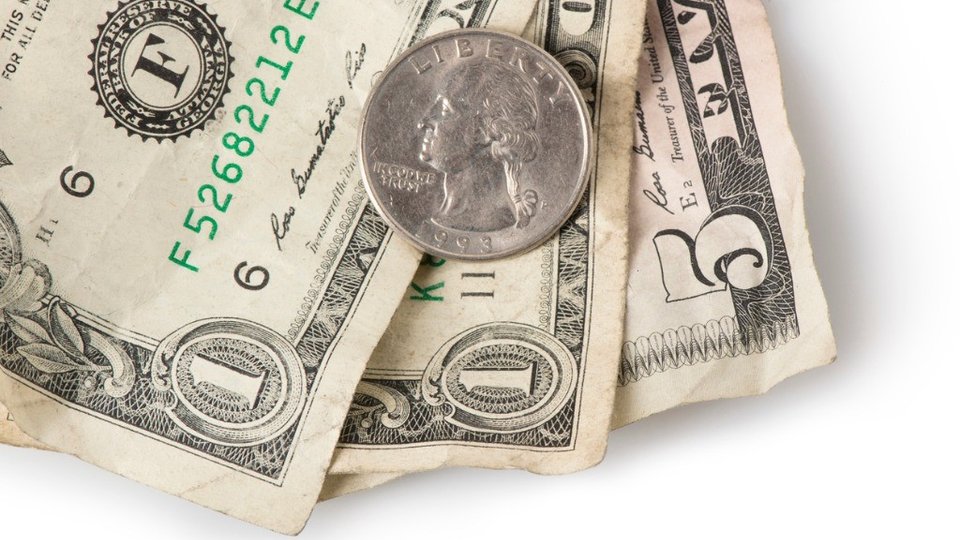Food & Beverage
NRA calls Raise the Wage Act 'impossible challenge'
The National Restaurant Association spoke out Tuesdayon the reintroduced legislation to raise the hourly minimum wage to $15 over the next five years.

January 26, 2021
The National Restaurant Association spoke out today on reintroduced legislation to raise the hourly minimum wage to $15 over the next five year, with NRA Executive Vice President of Public Affairs Sean Kennedy stating the measure would pose "an impossible challenge for the restaurant industry" should it become law, according to a news release. Democrats in both houses of Congress reintroduced the measure today.
"The Raise the Wage Act imposes an impossible challenge for the restaurant industry. While other businesses on Main Street are starting to see a recovery, restaurants across the country are struggling to stay open amidst indoor dining bans or limits that have been in place for ten months," Kennedy said in the release. "The industry has laid off 2.5 million workers as a result of the pandemic, and 1 in 6 restaurants have shuttered.
"Our industry runs on a 3% to 5% pre-tax profit margin in a good year — during a pandemic is not the time to impose a triple-digit increase in labor costs. Far too many restaurants will respond by laying off even more workers or closing their doors for good."
Kennedy said he believes each state's economic realities are different. A nationwide minimum wage increase for operators in states where restaurant jobs are most needed will be very challenging, he said.
He said the organization is "ready to have a conversation about a balanced way to address wage levels." The release did not provide details on what that might include.
Established in 1938, under the Fair Labor Standards Act, the federal minimum wage was intended to be regularly adjusted to allow the lowest-paid workers to still make enough to meet needs.
However, according to the non-partisan non-profit think tank, the Economic Policy Institute, legislators have allowed the wage rate to erode since the 1960s so that inflation has cut buying power of workers making the standard, which is now set at $7.25 an hour.
Two years ago, Sen. Bernie Sanders (I-Vt.) and Rep. Bobby Scott (D-Va.) announced they would introduce the Raise the Wage Act of 2019, a bill that would raise the federal minimum wage in six steps to $15 per hour by 2024. According to the institute, starting in 2025, the minimum wage would be "indexed" to median wages so that each year, the minimum wage would automatically be adjusted based on growth in the median wage. The bill would also gradually increase the subminimum wage for tipped workers (or "tipped minimum wage"), which has been fixed at $2.13 per hour since 1991, until it reaches parity with the regular minimum wage.1
The NRA also is opposed to that measure.
"The elimination of the tip credit will cut the take-home wages of thousands of tipped employees who make far above the proposed minimum hourly wage," Kennedy said in the release. "These skilled hospitality professionals generally earn between $19-$25 dollars per hour and have made clear many times before that they support a tipped minimum wage."
If the bill is approved it will be the first time the wage has been increased since 2009.
 ChatGPT
ChatGPT Grok
Grok Perplexity
Perplexity Claude
Claude





